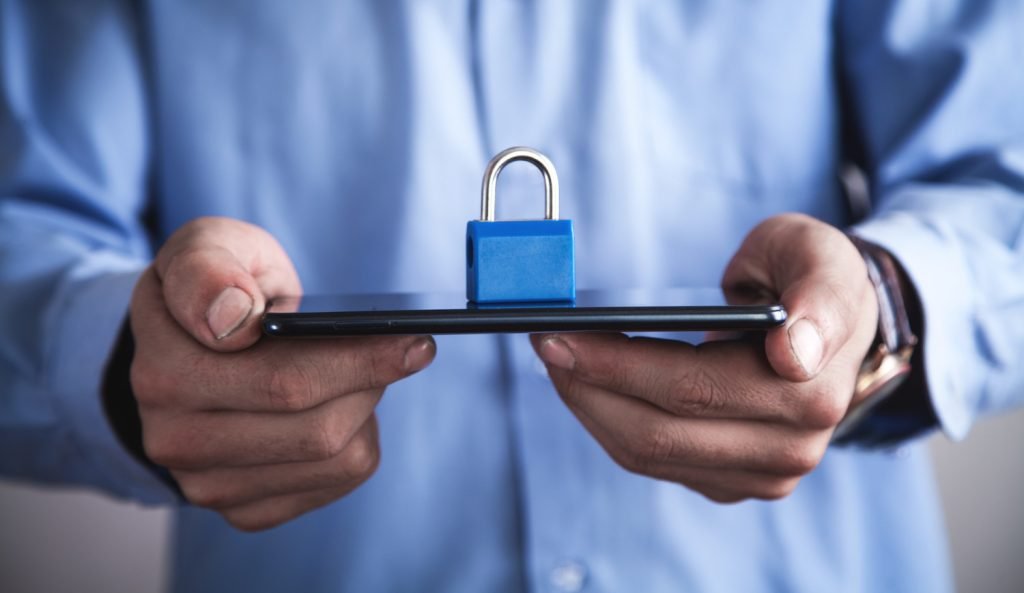5 Essential Tips for Securing Your Mobile Devices
Hey there, tech-savvy folks! Let’s dive straight into the world of mobile security. In this day and age, where our lives are practically intertwined with our mobile devices, keeping them secure is not just a good idea; it’s an absolute necessity. From personal photos to sensitive emails, our smartphones hold a treasure trove of information we wouldn’t want to fall into the wrong hands. So, how do we ensure our mobile devices stay safe and sound? Fear not, because I’ve got you covered with these five essential tips!
Keep Your Software Updated
Think of your smartphone’s software updates as armor patches—each one designed to strengthen your device’s defenses against potential threats. Whether it’s iOS or Android, regularly updating your operating system and apps is crucial. These updates often contain security patches that address vulnerabilities identified by developers. So, the next time your phone prompts you to update, don’t hit that “Remind Me Later” button. Embrace the update and shield your device from evolving cyber threats!
Implement Strong Authentication
Gone are the days when a simple four-digit passcode sufficed. In today’s digital landscape, biometric authentication methods like fingerprint scanning and facial recognition are the gold standard. These methods add an extra layer of security, making it significantly harder for unauthorized users to access your device. Additionally, consider enabling two-factor authentication wherever possible for additional protection. It’s like having a vault within a fortress—double the security and peace of mind.
Beware of Public Wi-Fi
Ah, public Wi-Fi—the convenient yet perilous temptress of the digital age. While connecting to free Wi-Fi hotspots at cafes, airports, or hotels is incredibly convenient, doing so comes with inherent risks. Hackers can exploit unsecured networks to intercept your data, potentially compromising sensitive information. Whenever possible, opt for trusted networks with encryption protocols in place. If you must use public Wi-Fi, consider using a virtual private network (VPN) to encrypt your internet traffic and shield your data from prying eyes.
Install Reliable Security Software
Like you would only leave your house byby locking the door, you shouldn’t navigate the digital realm without adequate protection. Invest in reputable mobile security software that offers antivirus scanning, malware detection, and remote device tracking features. These applications act as digital guardians, constantly monitoring your device for any signs of malicious activity. With the right security software, you can browse the web confidently, knowing your device is shielded from cyber threats.
Practice Smart Browsing Habits
Last but certainly not least, exercise caution when browsing the web and downloading apps. Stick to trusted sources such as the Apple App Store or Google Play Store, where apps undergo rigorous screening. Avoid clicking suspicious links or downloading attachments from unknown sources, as they could harbor malware or phishing attempts. Remember, your digital safety is in your hands, so always err on caution and think twice before clicking that enticing link or downloading that questionable app.
In conclusion, safeguarding your mobile devices is paramount in an increasingly connected world. Following these five essential tips—keeping your software updated, implementing strong authentication, being cautious with public Wi-Fi, installing reliable security software, and practicing intelligent browsing habits—you can fortify your digital defenses and enjoy a worry-free mobile experience. So, take charge of your device’s security and embark on your digital adventures with confidence!
Read Also:














